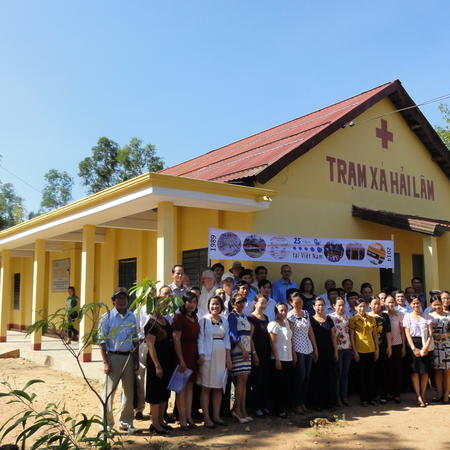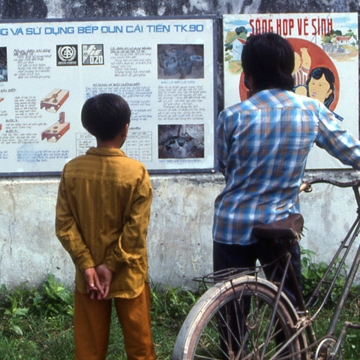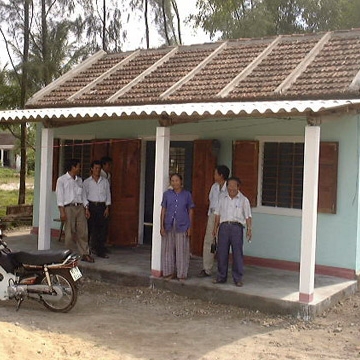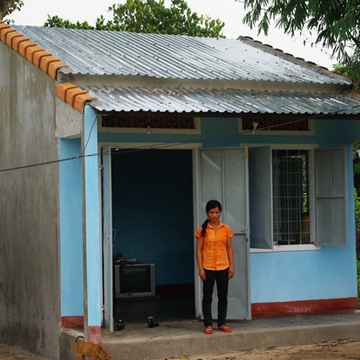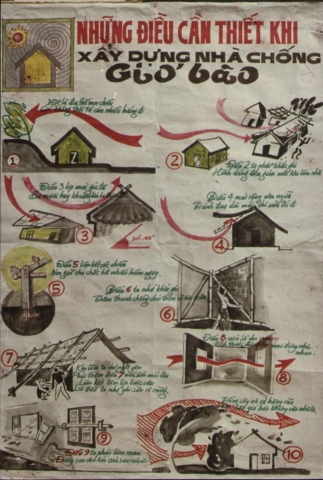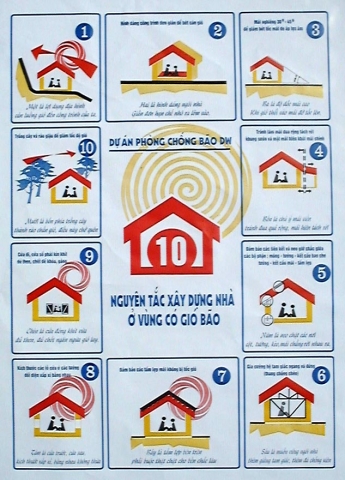Communication & Exchange
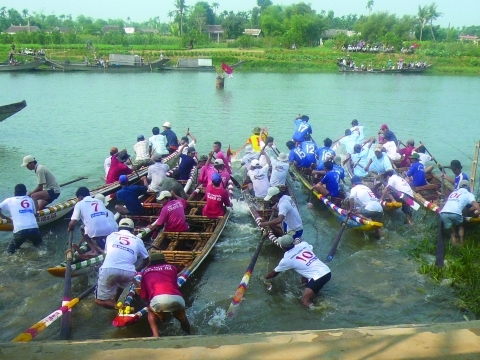
Awareness raising and the exchange of knowledge have been fundamental to the work of DW, to better understand local concerns and practices and to convey information about the opportunies and actions that can be taken to address emerging issues and problems. DW's respect for the value of indigenous knowledge was reflected in 1976 by its exhibition and book on 'Indigenous Building and the Third World', and today the DW actions in West Africa are defined by community gatherings that collectively assess the viability of the traditional and contemporary buitl and natrural environment and their relationship.
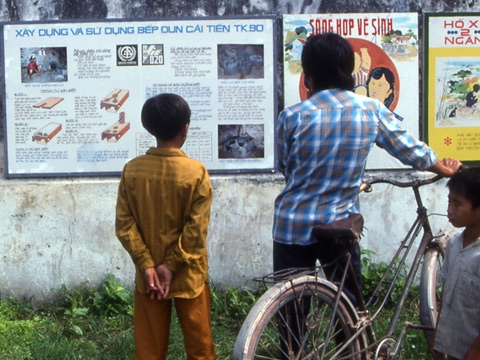
In Vietnam and Myanmar a variety of communication tools including posters, plays with children, and street events to ecnourage people to take preventive action to reduce their vulnerability. Getting the message accross that it is possible to reuce risk or improve living conditions is every bit as important as are the practicalities of making this happen through training or demonstration.








